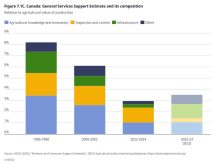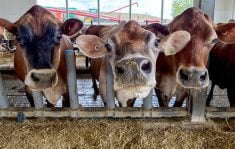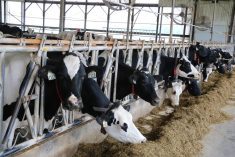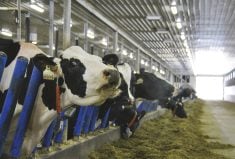The National Agriculture Leaders Debate generated few sparks Sept. 30 in what seemed more like lengthy academic discussions than a rousing conflict of ideas from candidates in the Oct. 19 election.
Agriculture Minister Gerry Ritz and his New Democrat and Liberal critics — Malcolm Allen and Mark Eyking — got in a few jabs over trade deals, research, farm workers and AgriStability. They were joined on the podium by Andrew West of the Green Party and Yves Lessard of the Bloc Quebecois. Andrew Campbell, Ontario dairy farmer and agriculture commentator, kept the panellists on topic and schedule.
Read Also
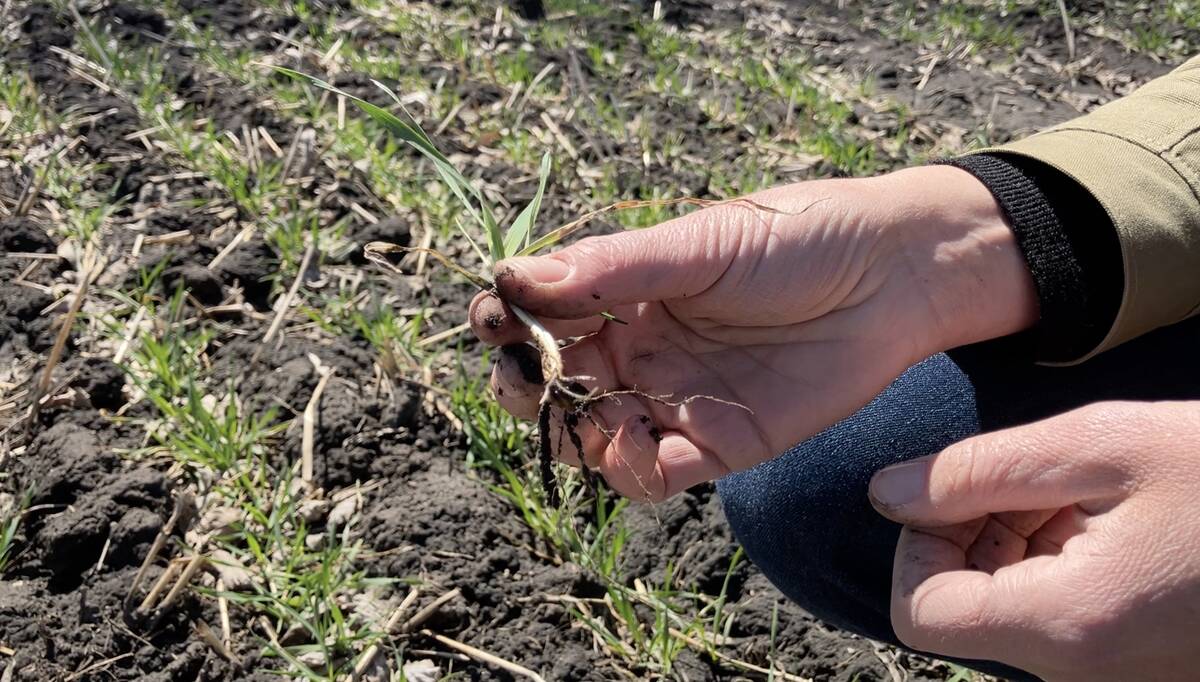
Manitoba farmers wary of research hit after AAFC cuts
Agriculture and Agri-Food Canada cuts claim Portage la Prairie research farm; Manitoba farms groups wrestle with potential impact.
The format for the event, sponsored by the Canadian Federation of Agriculture and Glacier FarmMedia, left debate over trade issues to the last. The spokesmen and the audience had passed a peaceful protest by Quebec dairy farmers against possible concessions in the proposed Trans-Pacific Partnership negotiations on their way into the Chateau Laurier. The day before, protesters had parked 200 tractors and farm vehicles along with a Holstein heifer along four blocks of Wellington Street in front of the Parliament Buildings.
Ritz insisted that the Harper government would protect supply management in the talks being held in Atlanta. “There’s a lot of opportunity in the agreement. We have to see the final numbers.”
Compensation
Dairy and poultry farmers knew “this government has their back. We’ll maintain the pillars of supply management and if there are losses, we’ll provide compensation,” he said.
The tentative free trade deal with Europe, still unsigned after a year of legal review, would allow more European cheese into Canada, but also creates markets for Canadian dairy products and genetics in Europe, he argued.
Allen said that from all the reports emanating from the TPP, “it looks like supply management will be the big loser this time.” The government had offered no assurances to supply management producers about the future, or to grain and livestock farmers that the infrastructure would be in place to export more of their output.
Eyking also defended supply management and called for better transportation of export products.
The debate gave some air time to issues that have so far garnered scant attention, including increased support for basic agriculture research, more effective rules for both seasonal and full-time foreign workers, measures to bring more young Canadians into the farm sector, improving biodiversity protection in rural areas, better communications with consumers on food safety, environment protection and animal care. The last two items under debate were better risk management programs, which have been endorsed by a wide cross-section of farm groups, and the trade talks.
Eyking hammered Conservative cuts to the AgriStability program. “Every other country supports its farmers through the bad times. However, the Conservatives changed the system to make it much harder to trigger payments.”
Allen says everywhere he’s been across Canada meeting farmers he hears complaints about the program. “They get less from it but they’re stuck with it. We need to look at what in the program works and what doesn’t and fix it.”
Ritz said governments are under pressure to keep spending under control but the program does protect the bottom line of producers.
Allen and Eyking said research stations have been closed and scientists are retiring or leaving Canada as part of the Conservative reductions in basic research. Ritz insisted his department still played a major role in basic agriculture research.
The minister was also lambasted over on-farm labour shortages caused by tampering with the Temporary Farm Workers Program. Just like the processing sector, farmers have problems attracting Canadian employees and want to bring in foreigners to fill both seasonal and full-time jobs.
Foreign workers
Eyking says farmers face “a bureaucratic nightmare to bring in workers. This government has made the system unworkable.” He urged Ritz to support an industry action plan to deal with the issue. “The current program does not work at all.”
Allen said farmers try every year to hire Canadians but cannot find them. “We need offshore workers right across the country. Some want to stay and become Canadian citizens.”
Ritz suggested the difficulty in bringing in foreigners was as much the fault of the provinces.
As for protecting the environment, Ritz said government regulations have to be based on sound science.
Eyking said government shouldn’t penalize farmers as part of the regulations accompanying environmental protection measures. Farmers need financial incentives and training to do the right things.
Allen said most of the controversy involves species at risk. “Farmers are already environmental stewards and governments should help them with this.”
Video coverage of the entire ag leaders debate can be found here.


